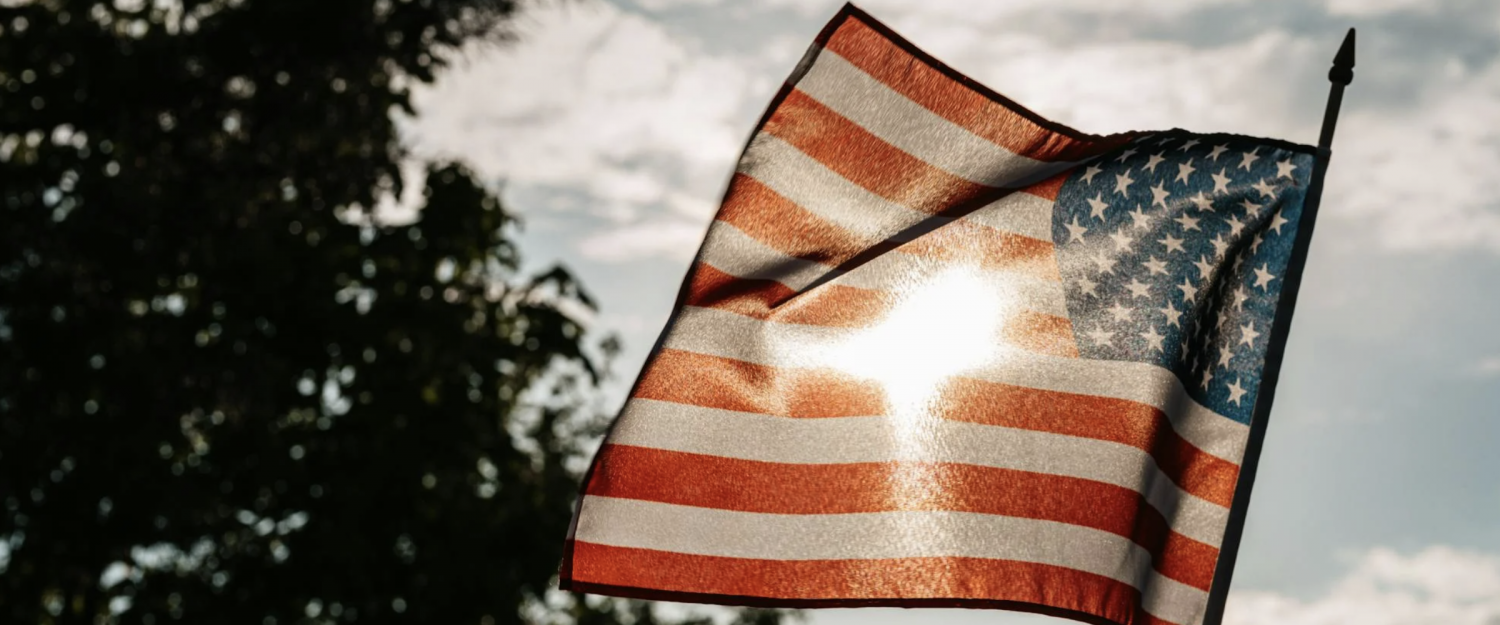We board the voyage of life by choice or by accident. We trust the captain, the crew, the ship, the course.
Most of us are paying for the privilege — some more, some less.
It’s a journey not without its pleasures: music, art, flirtation, dance. There’s joy in the passage.
There’s love. There’s even beauty in the risk — the dark water rushing past, the speed of it all.
It’s exciting — no matter your class.
But that trust — that social compact — is meant to guard us from the very thing out there that could destroy us.
Along the way, we try new things. We redefine the journey — sometimes mid-stream, sometimes against others’ wishes.
Everyone’s journey carries risk. Some will reach their destination. Some might end up off course.
Some may never make it.
But obvious danger? That’s accounted for. Right?
Icebergs charted. Lookouts posted. Speed capped.
We know what’s out there. We have the maps. We’ve seen this story before.
But the binoculars are locked away. No one has followed a map in years.
And someone on the bridge has been shouting “Go faster” for far too long.
Rough seas aren’t the danger. It’s the iceberg. And we’re headed straight for it.
You can feel it in the air. Some of us are close enough to smell it.
We may already be scraping along its side — tearing through the thin layer that once kept us safe.
Meanwhile the band plays on, and the deck chairs are being rearranged.
We can’t all be the captain. We don’t all ride in first class. But we’re all on the same ship — heading toward the same abrupt turn. Facing the same resting place.
The trust we placed — our contract as passengers — wasn’t for comfort alone. It was for vigilance. For protection.
When trust fails, the hull breaks. The ship sinks.
And without a ship, there are no passengers. Only survivors.
There will be lifeboats for some — but not enough.
The rest tread water, hoping a door floats by.
– Max
